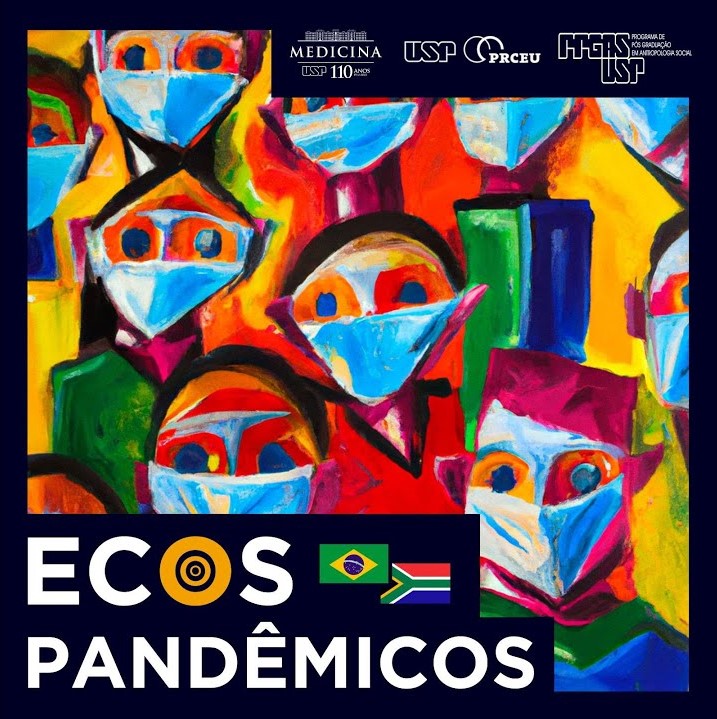On May 5, 2023, the World Health Organization (WHO) decreed the end of the Covid-19 Public Health Emergency of International Concern, a little over three years after the same entity announced its beginning. . This epidemiological and political action does not represent the end of the pandemic, but rather that the time has come for countries to make the transition from the emergency mode to the management of diseases along with others of an infectious nature. Upon hearing the news, many people were certainly moved. This reaction is not necessarily related to any change in daily life itself, since we have been resuming our lives for months – thanks to vaccination, it is necessary to emphasize –, but because the Covid-19 pandemic and the way it was conducted, profoundly changed our lives , relationships and subjectivities. Thus, if the Public Health Emergency is over, the effects of the crisis continue in our memories, bodies, in everyday mourning and in collective life.
The Pandemic Echoes podcast aims to reflect on such effects. We started production in 2021, still in a very dramatic period of the crisis. We approach the pandemic in a dual temporality. We brought together multiple voices – researchers, activists, social policy professionals, residents of the periphery and other presences that circulated in the press and social networks – to understand what we were experiencing. Concomitantly, the recent past echoed in an effort to work through our fears, losses, illnesses and the lasting effects of the process, tragic for more than 700,000 people. Thus imposing difficulties to foresee a future.
We start from the Brazilian experience, but with the backdrop of the global South from a mirror game with the South African context. Were social inequalities in countries like Brazil and South Africa intensified with the pandemic? How did the Brazilian Public Health System face Covid-19? How did we come to live with widespread vaccine hesitancy? Why has food insecurity once again become a nightmare for the country? For whom care has become heavier during the pandemic? We seek to build a space for sharing and reflecting on the difficulties, experiences and lessons learned from one of the darkest periods in our history. We also seek to demonstrate how the human sciences, more specifically anthropology, can contribute to coping with the lasting effects of Covid-19. In this sense, the podcast fulfills the role not only of scientific dissemination, but also intends to intervene in the public debate on the subject.
The podcast is available on the PPGAS YouTube channel and on Spotify
The podcast Echoes Pandemics is a product of the university extension project The Covid-19 pandemic from an intersectional perspective in peripheral territories: dialogues between Brazil and South Africa, funded by the Pro-Rectory of Culture University Extension (PRCEU/USP) in the scope of Announcement: ODS-ONU (2021) coordinated by Laura Moutinho, professor at the Social Anthropology Program (PPGAS) at the Faculty of Philosophy, Letters and Human Sciences (FFLCH) at USP and vice-coordinated by Márcia Thereza Couto, professor at the Department of Preventive Medicine at Faculty of Medicine also at USP, FMUSP. The project was supported by the Laboratory of Image and Sound in Anthropology (LISA/FFLCH/USP), Center for Social Markers of Difference (NUMAS/FFLCH/USP) and Center for Health, Intersectionality and Social Markers of Difference (SIMAS/FMUSP)


